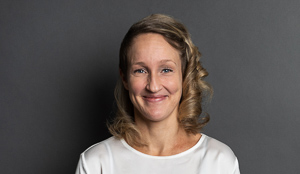Upcoming 2022 reform of family leaves in Finland
The Finnish Parliament has recently adopted many legislative changes to confirm a wider reform of the Finnish family leaves system. The reform entails changes in the Finnish health insurance act, contracts of employment act and early childhood education and care act. The family leave reform will come into force 1 August 2022 and in practise it will impact families residing in Finland with a child’s estimated date of birth being 4 September 2022 or later.
The objectives of the reform are twofold. First of all, family leave is intended to be more evenly distributed between the parents. Secondly the objective is that mothers would be able to return to the labour market faster than currently. Additionally, paternity and maternity allowances will be waived and instead a unified parental allowance is adopted.
The main idea of the reform is that, for the first time, both parents are given an equal quota of parental leave. According to the amendment, both parents would be entitled to 160 days of parental leave and allowance. However, the reform was subject to a political debate and some wiggling space was introduced accordingly, mainly by way of a parent being able to transfer a maximum of 63 days of his or her 160-day quota to the other parent. Also, the allowance can be divided into more than one period, up four parts and up until the child turns 2.
For the final stage of pregnancy, there will be a pregnancy allowance period of 40 daily allowance days. Unlike the parental allowance, the pregnancy allowance days will have to be used in a single continuous period and started 14–30 days before the estimated date of birth.
At the same time, the protection of pregnant women and women that have recently given birth would be regulated in a distinct clause following an EU-directive: a 14-week working restriction period applies starting from the beginning of the pregnancy allowance period and in addition to restrictions, there is a strict working prohibition in place four weeks either before or after the childbirth.
The family leave reform will also likely be acknowledged on the next round of labour market negotiations for collective agreements, since in addition to the aforementioned daily allowances, an employee’s possible right to salary during a family leave is based mainly on the collective agreements, and hence collective agreements need to be synchronized with the family leave reform. Also, the internal instructions of employer companies and policies concerning family leave or bonus rights during family leaves need to be updated.



